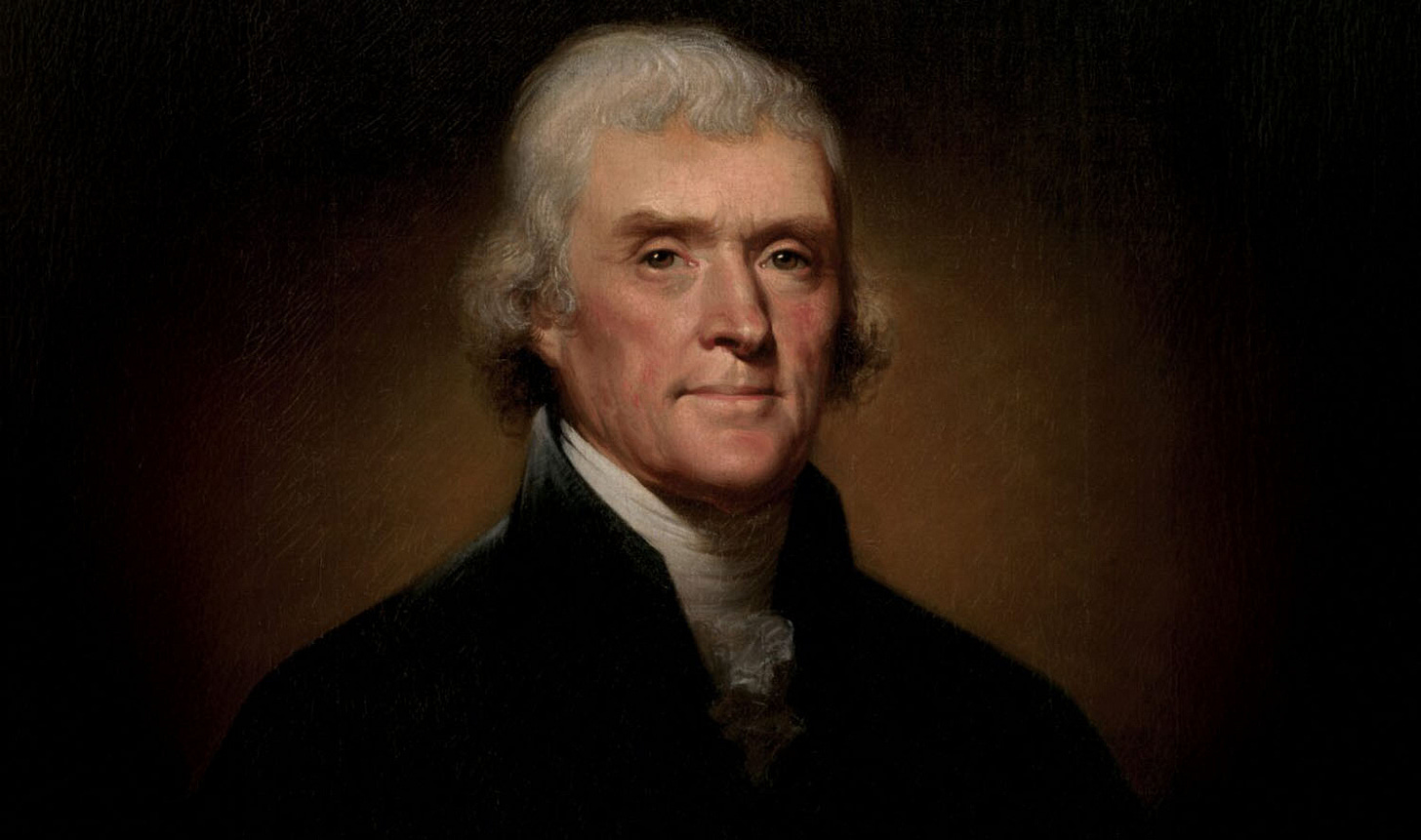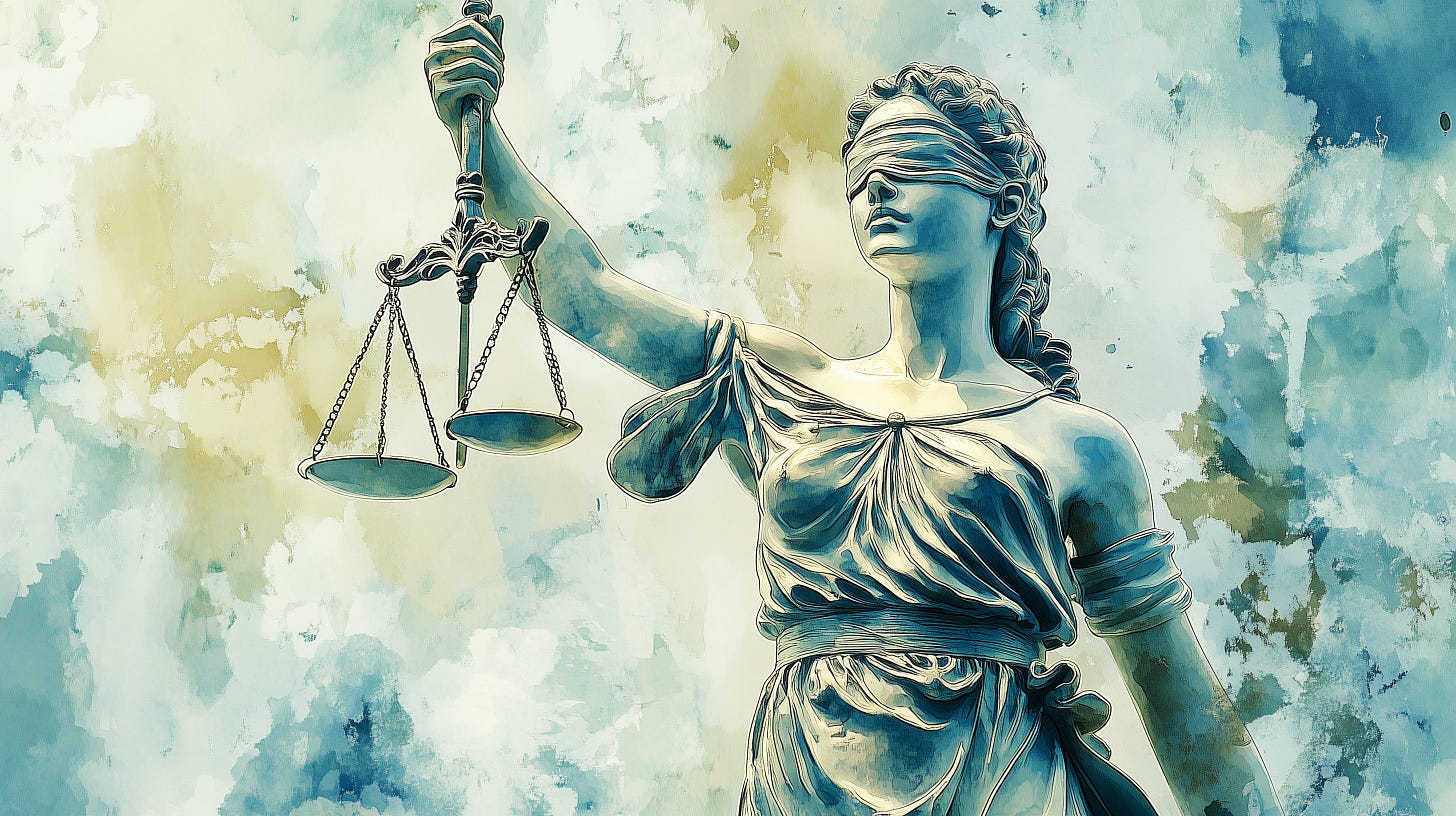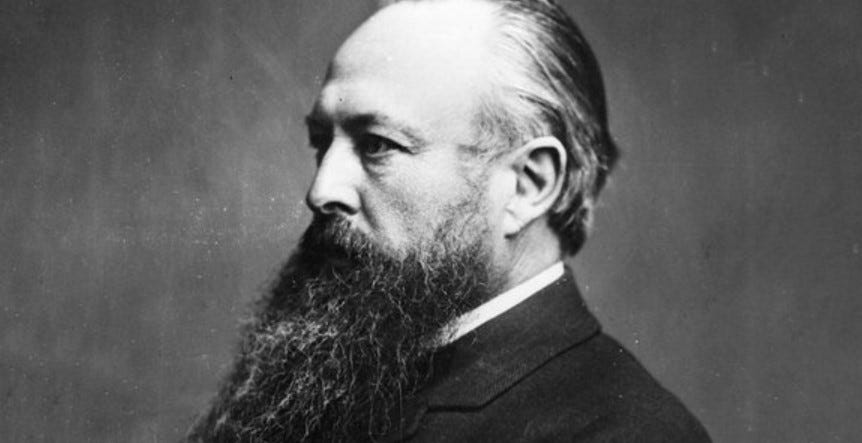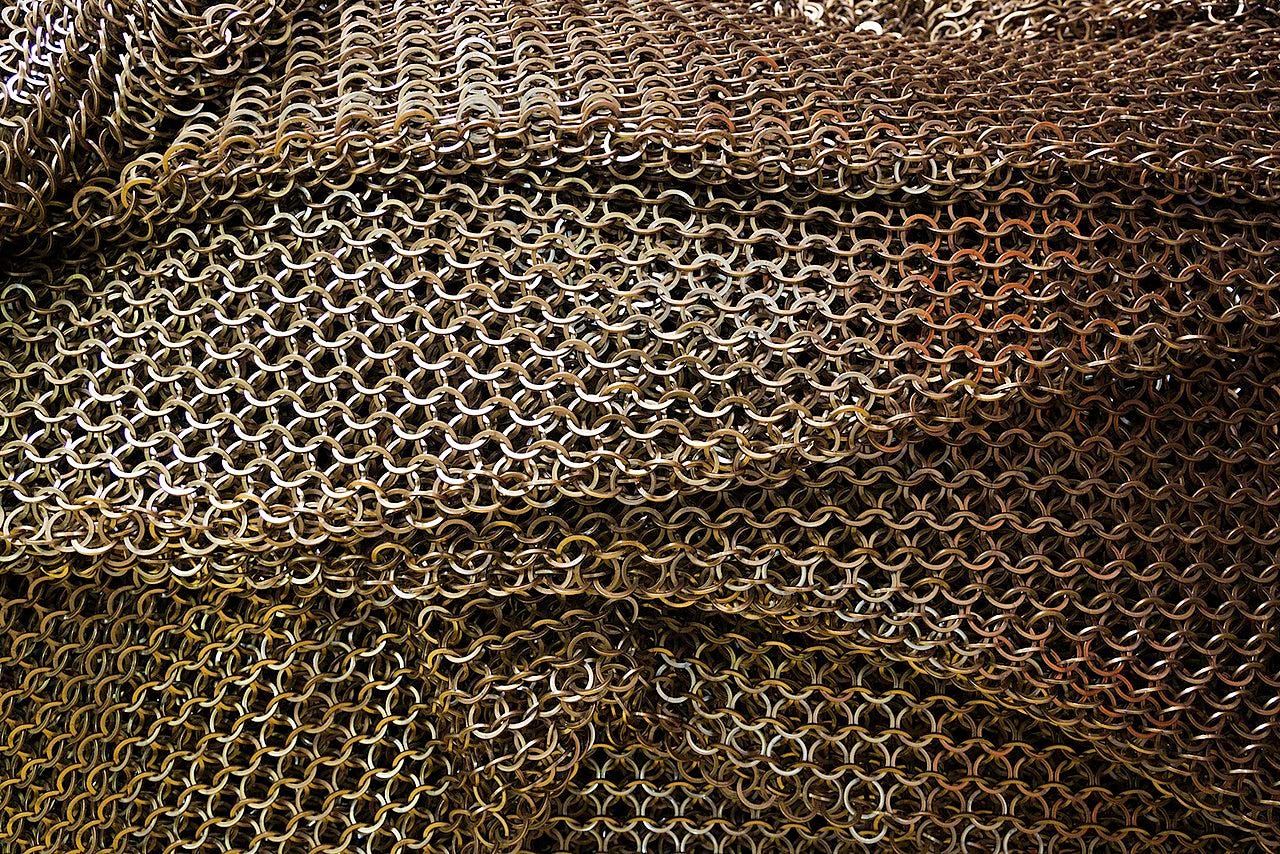Whoever said “justice is blind” must have been wearing rose-colored glasses. Throughout history, those in positions of authority have rarely resisted the temptation to use legal, social, and institutional power for their own benefit.
“For my friends, everything; for my enemies, the law.”
– Field Marshal Óscar R. Benavides, President of Peru
Double standards and selective prosecution, exercised behind a veneer of impartiality, have been the tools of tyrants since time immemorial. Our era is no exception. As of this writing, the front-runners in the Romanian and French presidential elections have been arrested and stripped of their candidacy through politically-motivated legal charges brought by the regimes they were running against.
But this is not a discussion of European elections. It is a discussion of the nature of power, and how we can best forestall its dangers.
Lord Acton famously observed, “power tends to corrupt, and absolute power corrupts absolutely.” The reason for this is straightforward: a position of authority makes it easy to get what you want. Once you’ve had a taste of this, you are not likely to relinquish the privilege voluntarily. And, as Acton noted, the greater the authority – whether in the public or the private sphere – the greater the likelihood that it will be exploited for personal enrichment, aggrandizement, or gratification.
The Psychology of Power
This isn’t just philosophical speculation. Studies show that, even in contrived laboratory scenarios, individuals placed in positions of power rapidly lose empathy and understanding for the perspective of others. They develop a tendency to look down on others, and start believing they have more influence over events than they actually do. They also display a propensity for hypocrisy – harshly condemning others for behavior they engage in themselves.
While bigots of every stripe love to spotlight perpetrators from groups they don’t like, tendency to corruption is a universal trait, not a predisposition of any particular subset of humans. Bill Cosby, Harvey Weinstein, and Jimmy Savile did not feel entitled to commit sexual assaults because they were black, Jewish, or Catholic, but because they were rich, famous, and influential.
From President Bill Clinton to rapper R. Kelly, and from Penn State football coach Jerry Sandusky to Iraqi scion Uday Hussein, the pattern is painfully familiar: regardless of race, creed, or color, people of high status abuse and exploit those of lower status.
Gender is no guarantee of integrity either. While powerful women are far less likely to engage in sexual predation than their male counterparts, they are equally prone to bullying, financial profiteering, and other abuses of power.
Thus, because the instinct to take advantage of one’s status for personal gain is hard-wired into our neural architecture, it is folly to expect “our guy” – or even ourselves – to be immune to the seduction of power. This is why all systems of just and rightful authority include built-in checks, balances, and transparency.
The Role of Restraint
It takes a preternatural level of self-awareness to recognize one’s own weakness – and a rare degree of wisdom to impose restraints in anticipation of it. This is why Thomas Jefferson and the other authors of the US Constitution deserve credit for at least trying to codify a system with mechanisms designed to restrain the use of official authority.
Unfortunately, no matter how skillfully-fashioned and well-intentioned a system is, those entrusted with administering it will inevitably succumb to the temptation to exploit it. Foreseeing this, Jefferson famously stated, “a little rebellion now and then is a good thing.” In his view, as each generation of leadership hardened into tyranny, it was incumbent upon the citizenry to rectify the issue. Preferably, this would be done through civil discourse. If not, Jefferson grimly predicted, “the tree of liberty must be refreshed from time to time with the blood of patriots and tyrants.”

Jefferson, Tom Paine, William Gladstone, and many other thinkers correctly observed the corrupting influence of authority, and generally concluded that limiting the centralization of power by force was the only way to counteract it. But there is another inoculant against corruption: love.
At the level of government, love is an abstraction. This is why examples of principled leadership in positions of official authority are vanishingly rare. However, within smaller groups – families, offices, military units – love is the intangible quality that directs an authority’s power towards service, rather than self-interest.
Love, not fear of legal repercussions, is the reason that the vast majority of parents nurture and care for the powerless children over whom they have authority. Love is what drives a woman to throw herself between her daughters and an oncoming car, or to use her own body to shield her son from an attacking dog.
Love is not limited to the family. It is, for example, written between the lines of every Medal of Honor commendation. Love for his brothers-in-arms is what impels a man to seize a live grenade, to run toward a machine gun nest, or to carry 75 wounded comrades, one by one, through heavy enemy fire.
Instinctively, we know this, which is why the most prolific predators are those who can convincingly feign love. From the Manson Family to Jonestown, the convincing illusion of profound affection makes followers more likely to give a leader their money, their votes, their bodies, and even their lives.
There are, therefore, two possible solutions to the ongoing problem of corruptive power. One is rooted in violence: use force to unseat despots whenever they arise. This is effective, but inherently destructive. War and bloodshed, no matter how justified, always spawns tragedy.
The other approach is rooted in love: confine authority to the scale of the family, the squadron, or other tight-knit groups in which genuine love is easily distinguishable from manipulative pretense, and abuse is more difficult to hide. This approach imagines a society that is not constructed like a pyramid with those at the top dominating those below, but like strong and flexible chain mail: countless small circles interlocking in an orderly, resilient, and mutually-reinforcing way.
Given the undesirable tendencies of human psychology, it is likely that, while love would be preferable, there will be times when force is necessary. When those times come, here’s hoping that the next generation of leaders will have the foresight and self-awareness to install the guardrails within which they (and their successors) will exercise their authority.
In the meantime, each of us has daily opportunities to build those small circles of trust in which power is protective rather than predatory. In the home, in the workplace, and in any other domain where some have authority over others, we can foster environments where safety and mutual respect are the norm, and abuse is not tolerated. Power corrupts, and must therefore be restrained; so let it be restrained by the love that draws us together in bonds of fellowship, rather than the violence that unseats one tyrant only to install another.








the bigger da "gubbamint" the more room fer grift at the top....an' swelled heads... so scalin' down is good, checks/balances... but I fear that love (however noble) ain't gonna drain the swamp we got...with many deep pocketed men "above the law".... Also, as they say, "love among thieves!"--no doubts there'z a lotta love (all types...) amongst da "brutherz" of the Fabian Society, various Masonic lodges, Skull 'n Bonz, Bohemian Grove, Thule Society an' so on... all of which include illustrious "Precedents" an' "PotAsses" appointed, elected, an' mostly.... selected. Many've 'em ALSO have "blood oaths" (or are simply bound by blackmail....or as it'd be fer Boulé,members...i.e. black male(s)....) as well. I believe in many ways "love" is absolootly the answer (agreed onna small scale...) but I fear it's a might too much wishful/wistful thinkin' ta believe that those overlords already corrupted kin be tempered by the "all you need is" solution... Even ltd. terms an' caps on uber-high "celeries" don't seem ta dampen tyranny much...
fwiw I don't know the answer but I'm no fan've bloody "resolutions" (or revolutions) either.... imho a lotta leaders that died "natch'ral" deaths from stuff like food poisonin' & heart attacks...didn't! (occam's razor is the poison dart frog or that shellfish toxin that acts instantly...) sigh (I daresay we got a Tyrant in our Tank right now...)